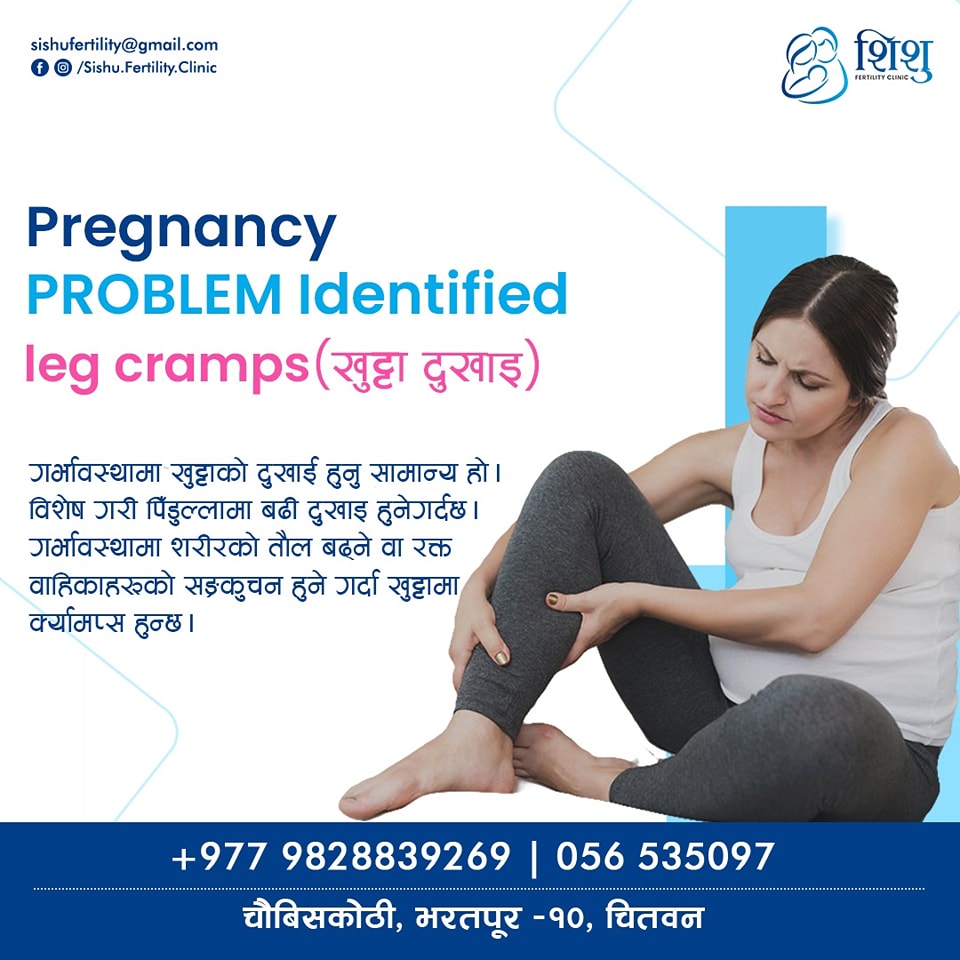SOME HELPFUL TIPS
Journey to conception can be both exciting and overwhelming. To support you in achieving your goal, here’s a detailed guide with practical advice and actionable tips to enhance your fertility and optimize your chances of becoming pregnant. If you need professional guidance, consider consulting with a fertility specialist at Sishu Fertility Clinic & IVF center.
1. Track Your Menstrual Cycle
Understanding your menstrual cycle is fundamental to identifying your most fertile days. Here’s how to get started:
- Cycle Tracking: Use a calendar or fertility app to log the start and end dates of your menstrual cycle. This will help you predict ovulation.
- Ovulation Signs: Learn to recognize physical signs of ovulation, such as changes in cervical mucus (which becomes clear and stretchy) and a slight rise in basal body temperature (measured first thing in the morning).
- Ovulation Kits: Consider using ovulation predictor kits (OPKs) that detect the luteinizing hormone (LH) surge, indicating ovulation is imminent.
2. Adopt a Balanced Diet
Your diet plays a crucial role in your overall health and fertility. Focus on the following:
- Fruits and Vegetables: Aim for a variety of colorful fruits and vegetables rich in vitamins and antioxidants.
- Whole Grains: Include whole grains like brown rice, quinoa, and whole wheat products to provide essential nutrients and stabilize blood sugar levels.
- Lean Proteins: Incorporate sources of lean protein such as poultry, fish, beans, and legumes to support reproductive health.
- Folic Acid: Consume folate-rich foods (like leafy greens and fortified cereals) and consider taking a folic acid supplement to reduce the risk of neural tube defects.
- Omega-3 Fatty Acids: Eat fatty fish (like salmon) or take a fish oil supplement to support hormone production and overall reproductive health.
3. Engage in Regular Exercise
Exercise has numerous benefits, but balance is key:
- Moderate Activity: Engage in moderate physical activities like walking, swimming, or cycling to maintain a healthy weight and improve circulation.
- Avoid Excessive Exercise: Intense or excessive exercise can disrupt hormonal balance and menstrual cycles. Aim for a balanced routine that supports your overall well-being.
4. Achieve and Maintain a Healthy Weight
Weight management is crucial for fertility:
- Healthy BMI: Aim for a body mass index (BMI) within the healthy range (18.5-24.9). Both underweight and overweight conditions can affect hormone levels and ovulation.
- Balanced Diet and Exercise: Combine a nutritious diet with regular exercise to achieve and maintain a healthy weight.
5. Limit Caffeine and Alcohol Intake
Caffeine and alcohol can impact fertility:
- Caffeine: Limit caffeine consumption to 200-300 milligrams per day (equivalent to about one 12-ounce cup of coffee) to avoid potential negative effects on fertility.
- Alcohol: Reduce or eliminate alcohol intake, as excessive drinking can affect ovulation and sperm quality.
6. Avoid Smoking and Recreational Drugs
Smoking and drugs can severely impair fertility:
- Quit Smoking: Smoking reduces fertility in both men and women. Seek support or programs to help you quit if necessary.
- Avoid Drugs: Recreational drugs can negatively affect reproductive health. Abstain from their use to improve fertility chances.
7. Manage Stress Effectively
Stress can interfere with reproductive health:
- Relaxation Techniques: Practice relaxation methods such as yoga, meditation, or deep breathing exercises to manage stress levels.
- Counseling: Consider seeking professional counseling if stress or anxiety is overwhelming, as it can affect your fertility.
8. Schedule Regular Health Check-ups
Regular health assessments are vital:
- Preconception Visit: Schedule a preconception check-up with your healthcare provider to address any health concerns and discuss your fertility goals.
- Screen for Conditions: Ensure that any chronic conditions (like diabetes or thyroid disorders) are well-managed, as they can impact fertility.
9. Consider Your Partner’s Health
Fertility is a team effort:
- Partner’s Lifestyle: Encourage your partner to adopt a healthy lifestyle, including a balanced diet, regular exercise, and avoiding harmful substances.
- Male Fertility: Consider a semen analysis if there are concerns about sperm quality. Lifestyle changes can also improve sperm health.
10. Educate Yourself and Seek Support
Knowledge and support can make a difference:
- Research: Stay informed about fertility and reproductive health through reliable sources and educational materials.
- Support Groups: Join fertility support groups or forums to connect with others who are on a similar journey and gain emotional support.
11. Practice Patience and Positivity
The journey to conception can take time:
- Realistic Expectations: Understand that conception can take several months or longer. It’s normal for this process to vary among individuals.
- Seek Help When Needed: If you’ve been trying to conceive for over a year (or six months if you’re over 35), consider consulting a fertility specialist at a reputable clinic like Sishu Fertility Clinic for further evaluation and assistance.
By incorporating these detailed tips into your daily routine, you can create an environment that supports fertility and enhances your chances of achieving a successful pregnancy. Remember, everyone’s path to parenthood is unique, so be patient with yourself and seek support when needed. If you have specific concerns or need personalized advice, Sishu Fertility Clinic can provide expert guidance and support throughout your fertility journey.











































